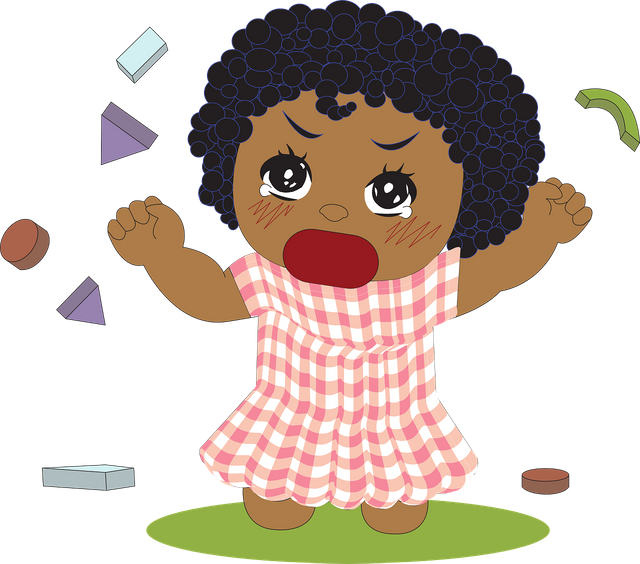Effective 3-Step Guide on How to Handle Tantrums Without Shouting

Photo from Pixabay.com
"I said NO!"
We're living in an era where children are becoming too spoiled to the point tantrums may occur often. Throwing a tantrum can boil down to your child, not getting what he or she wants. In the manual of parenting, discipline is one of the most challenging things to do. It takes a great deal of self-control and patience to deal with a tantrum calmly. Of course, most parents burst out and shout at their kids and then feel guilty after.
During toddler years, kids love to explore and test their limits. They want to make use of all of their senses and, consequently, learning about the world. Tantrums or "throwing a fit" is part of growing up. It is common for age 2 or 3; however, parents shouldn't tolerate misbehavior at any age. When our children exhibit a lousy attitude, that is an excellent opportunity to discipline and correct them.
A new book called Now Say This: The Right Words To Solve Every Parenting Dilemma has taught its readers how to handle tantrums without raising your voice. Heather Turgeon and Julie Wright, the book's authors, emphasized a three-step effective technique to alleviate a child's flared up. This discipline method is called "ALP," which has a universally flattering effect on toddlers and older children.
ALP only works if your child can follow simple instructions and understand rules. The "misbehavior" is the only way they know how to react. Here'sHere's how ALP works.
A means Attune
Putting yourself in someone's shoes can help you change your perspective about a situation and gain new knowledge or empathy. Imagine yourself as your toddler so that you can empathize with your child.
"Keep in mind that blind obedience is not the goal. Over time, we want kids to become independent thinkers and to make good choices and cooperate because it comes from within," the authors wrote.
When you empathize with your child, it doesn't mean you're a weak parent. It doesn't mean your child, "won." It implies that you're letting your child know you understand him, thus, helping solve why he's throwing a fit.
L means Limit
Empathizing doesn't mean he's they're excused from facing any consequence. Make your child understand there is a consequence for his actions, good or bad. In this case, tantrums are part of the bad action, and you need to make him understand what he did wrong. Layout the rules and be firm with them. Be clear and brief as your toddler may not have a long attention span and has a limited understanding of long sentences.
It'sIt's crucial to state the rule or limit in a neutral and matter-of-fact tone. Another trick is to get down to your child's eye level. Don'tDon't shout your words at him because he wouldn't understand a thing you're saying as the loud noise of your voice might scare him. Try not to bribe too ("If you calm down, I will give you a toy"), but make him understand the nature of cause and effect ("If you calm down, we can play with your toys").
P means Problem-solve
Offering your child choices is a great parenting tip. It will help your child exercise his critical thinking and develop independence within him. Of course, offer him options that both of you can agree on. Tots love the feeling of being in control, so make sure the choices are a win-win situation for both you and your child.
You can make the choices creative and fun for your tot. The solution or alternative should make him feel excited to forget about why he was throwing a fit in the first place. You can look at different parenting blogs in your free time for creative ideas on how to stop your toddler's tantrums.
Parenting From The Heart
When you're a parent, emotions, and self-control are also challenged. We all have that parenting guilt when we shout or use our hands to discipline our children. If you want to stop the tantrums, try ALP next time and see the difference in your relationship between you and your toddler.